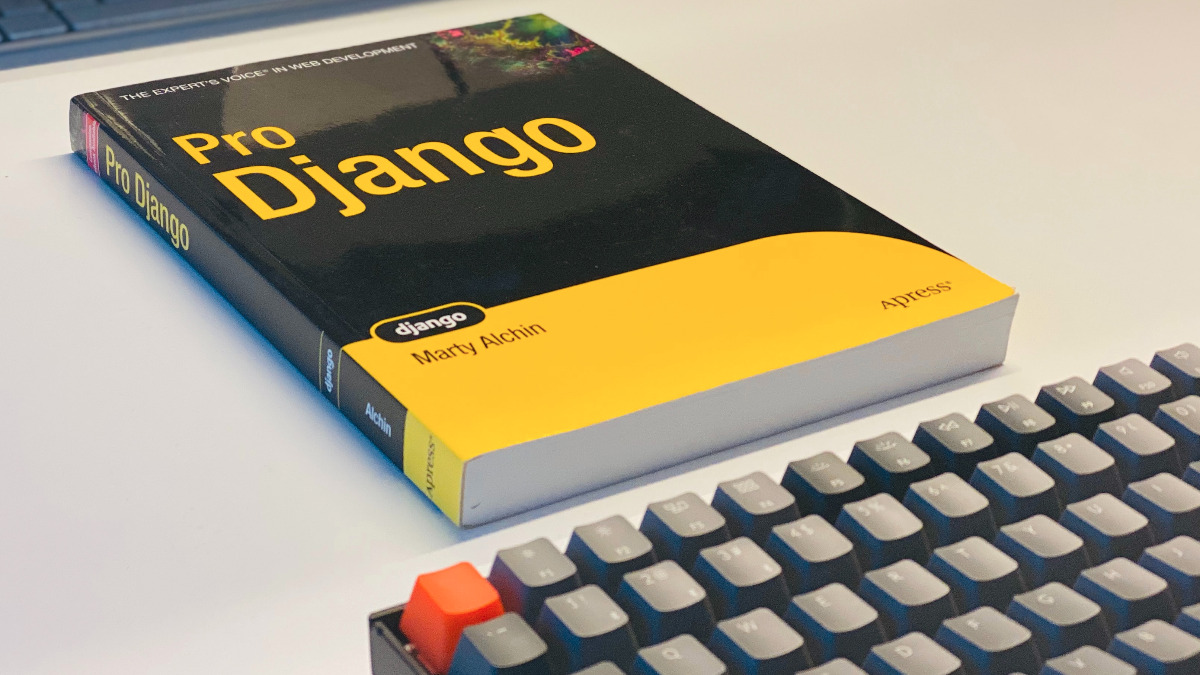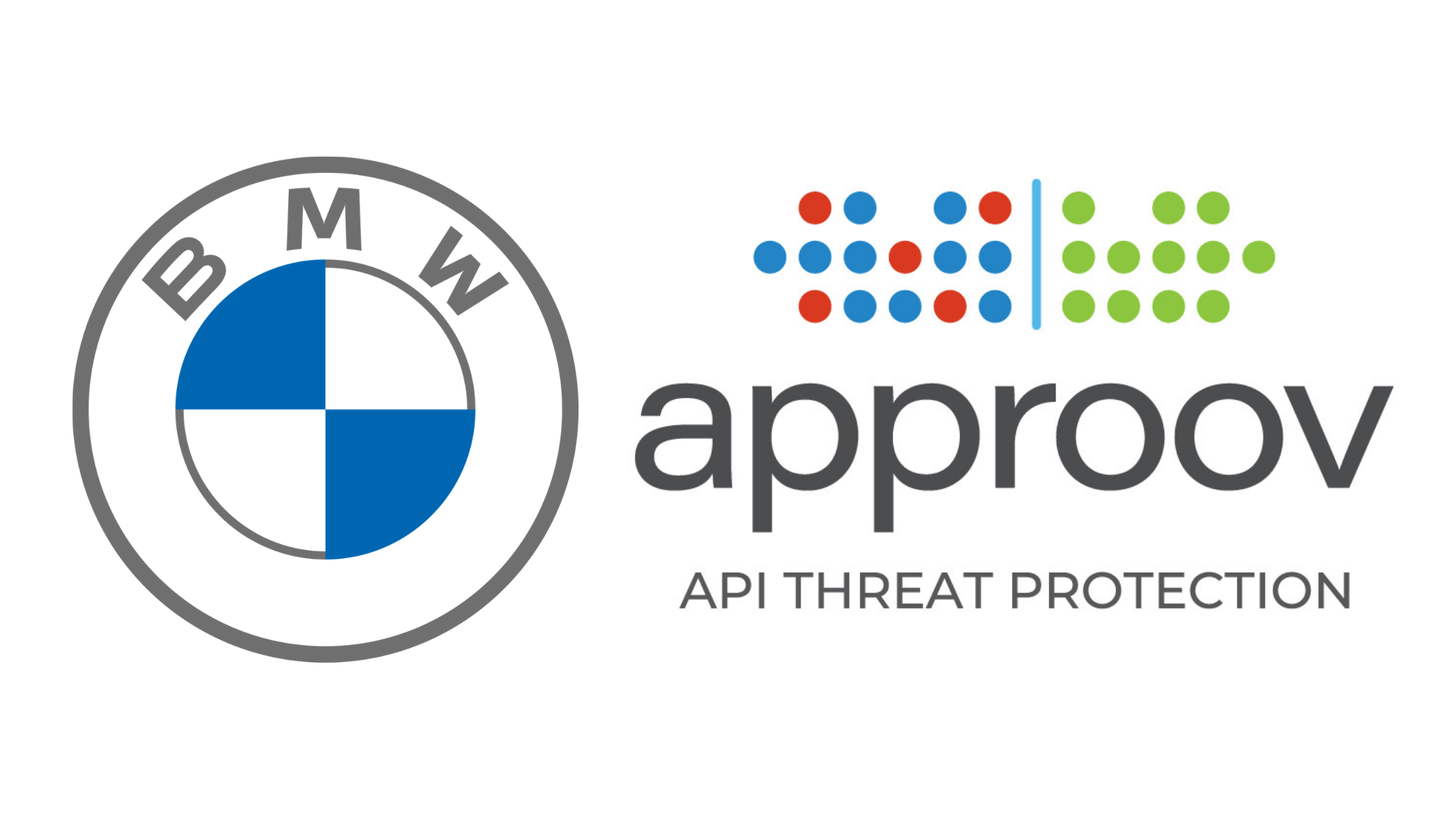Approov Blog

Approov Integration for Golang Backends
December 15, 2020
Go was developed at Google in 2007 by Robert Griesemer, Rob Pike, and Ken Thompson, but only publicly announced in November 2009. Go is a static typed, compiled and procedural programming language and was designed with the aim of improving developers’ productivity at Google. The language was created to address the criticism of other ones used at Google, such as C++, Python and Javascript, while at same retaining their good characteristics. The primary motivation to create Go was the shared dislike of C++ by the initial authors. Read Full Story

App and API Level Security for Connected Car Platforms
December 9, 2020
In 2009, the app economy officially kicked off with the Apple trademarked refrain “There’s an app for that.” A decade later, the mobile app is the center of gravity of the digital economy, transforming how we shop, bank, read, commute, socialize, work, travel, manage our health, and much more. Today, it seems, if there’s no app for that, then it’s probably not a fully digital experience. Read Full Story

Securing API Keys for Robust Mobile API Security
December 4, 2020
It’s been nearly half a decade since Gartner declared the API economy open, hailing it the enabler that could transform businesses into platforms. Since then, APIs have significantly evolved beyond their rather simple origins as middleware integration tools. Read Full Story

Approov Integration for Elixir Phoenix Guardian Backends
December 2, 2020
The Elixir programming language was created by Jose Valim in 2012 as a research project at Plataformatec, the company where he worked at the time. You can watch Elixir: The Documentary where he tells in the first person more about the motivations and reasons behind writing it. Read Full Story

Approov Integration for Python Django Backends
November 27, 2020
The Python Django framework was created in the last quarter of 2003 by Adrian Holovaty and Simon Willison when they were working as Python developers at the Lawrence Journal-World newspaper, although it was only released in July 2005. Read Full Story

Approov Integration for Python Backends
November 26, 2020
Python is a high-level and general-purpose programming language that is dynamically interpreted at runtime. Python was created by Guido van Rossum in the late 1980s but only released to the public in 1991, as a successor to the ABC programming language. Read Full Story


Approov Integration for NodeJS KOA Backends
November 17, 2020
Photo by stein egil liland from Pexels Node.js Koa is an expressive HTTP middleware framework that aims to make it easier and more enjoyable to write APIs, and it’s designed by the same team behind the popular Node.js Express framework. Compared with Express, Koa doesn’t bundle any middleware in its very small codebase, and leverages the Node.js async functions to allow the developer to ditch the callback functions and to improve error handling. The first release dates back to 8th November 2013 and references the tag 0.0.2. Read Full Story

Root and Jailbreak - To Ban or Not to Ban?
November 4, 2020
Rooting Android phones and jailbreaking Apple phones are generally considered to be bad things to do and strong indicators of evil intent. In this article we will explore this position a little deeper and dig into the topic. We’ll discover that the truth is much more nuanced than that and one size does indeed not fit all. Finally we will propose the methodology you should consider when setting your security policies. Read Full Story

